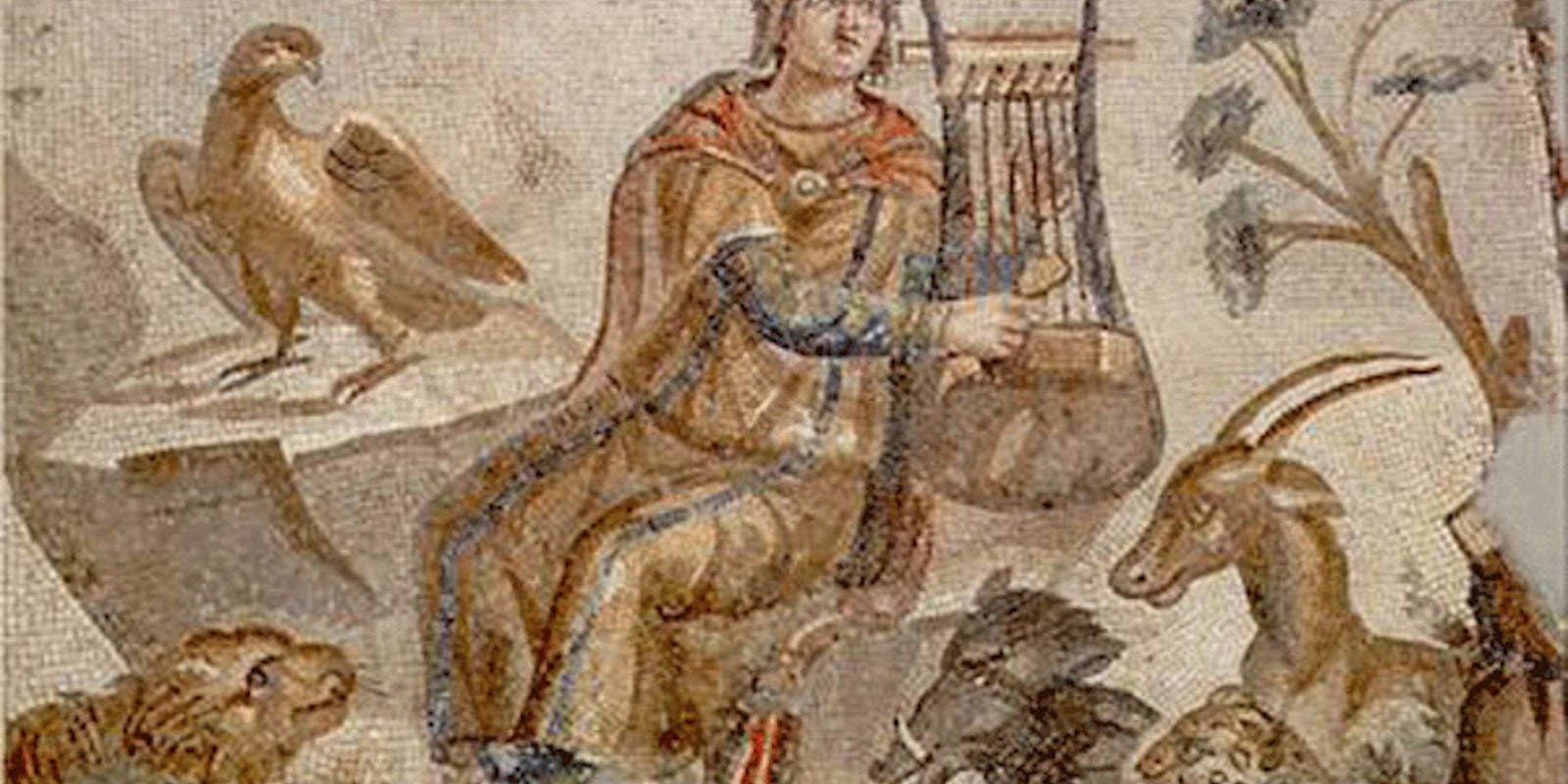Are we our words? Or are we our deeds? (Might as well ask if we’re human or dancer.)
Few people have remarked on the anniversary, but five years ago Monday, Facebook opened its doors to all users. For those of us who signed on right away, that’s a lot of status updates, wall posts, and photos.
Facebook’s new Timeline feature, set to roll out to hundreds of millions of users this Friday, promises to tell the story of our lives, photo by photo, friend by friend. For Facebook’s first users—those Ivy League early adopters who got access thanks to their college affiliation—more than a quarter of their lives is stored in a server farm somewhere.
…
Now Facebook wants to record far more of what we do, thanks to “passive sharing,” inputs taken from apps — ranging from music players to media websites. They’ll tell everyone from moment to moment what we’re reading, watching, and listening to. All that will feed into our Timelines.
That means we’re removing ourselves as the editors of our own lives and substituting an algorithm. It’s the continuation of a trend that saw the so-called death of blogs. A tweet is easier to write than a blog post; a status update posted to your friends has a more certain audience than an essay thrown out into the blogosphere. And it’s far easier to reblog a link on Tumblr than to find one on your own.
Soon we won’t have to write about the music we love or compose a thoughtful reaction about an article we read: The mere fact of consumption will be the long and short of our commentary on the media.
…
That’s why I’m so excited about Storify, whose office in a barely gentrified corner of San Francisco I visited yesterday. Storify, if you have yet to play with it, is a social-media storytelling tool. It allows you to assemble components from the social Web—tweets, status updates, blog posts, photos—into a coherent narrative.
I told community manager Marian Liu and marketing director Jeff Elder how skeptical I was when Burt Herman, Storify’s cofounder, first pitched me on the idea of Storify at the launch party for the Bay Citizen last year. The initial concept, as I understood it, was collecting a series of tweets—like I’d been doing years ago at Gawker.
My writers at the Daily Dot convinced me to give it a second look. For everything from exploring drug-cartel violence in Mexico to assembling galleries of eye candy, it’s become an indispensable newsroom tool.
…
Right now, I think Storify’s main targets are professional hacks like yours truly. But I wonder if we won’t all need something like Storify in the future. As we build a museum of the self, we need to be careful, conscious curators.
We’re sharing more and more every moment, so Facebook and Twitter increasingly become a spew of disposable data about our lives. We’ll need something that allows us to transform that data into information.
And more importantly, we ought to be able to construct a narrative of our lives that transcends the trail of data exhaust we leave behind us on our trips down the information superhighway. Since Homer’s days, we’ve celebrated great deeds. But we’ve done so through words, words we’ve chosen, words we’ve contemplated.
Our future can be epic. But it won’t be if we just sit and listen. Let’s resist passivity. Let’s take up new instruments, play them, and find our voices. We’re more than a timeline. We can be the bards of this new Web.


